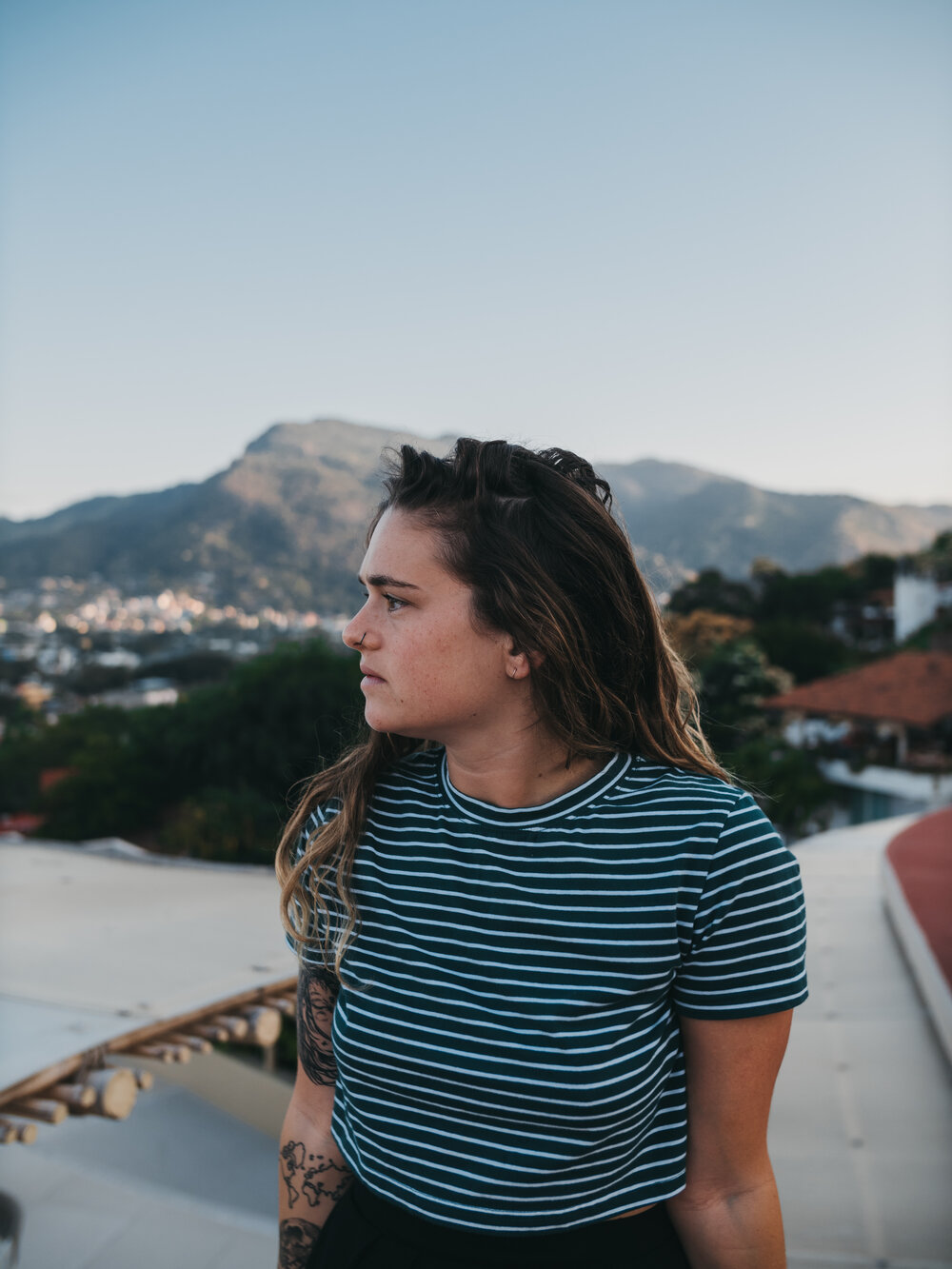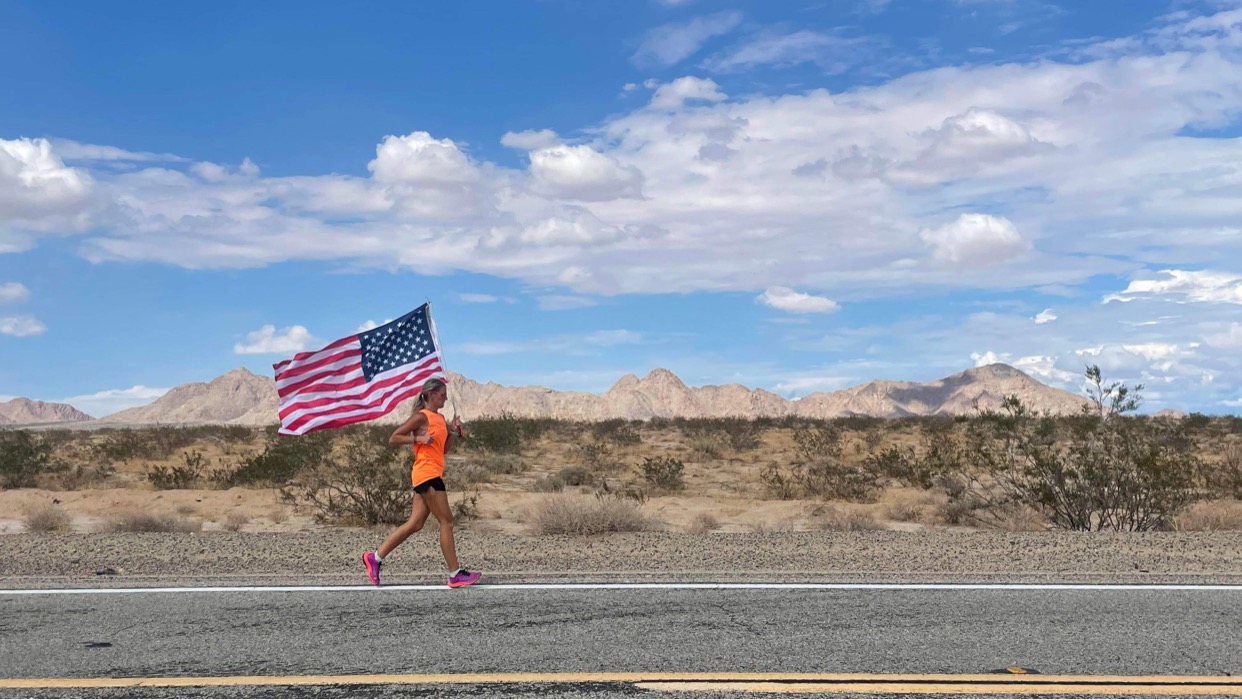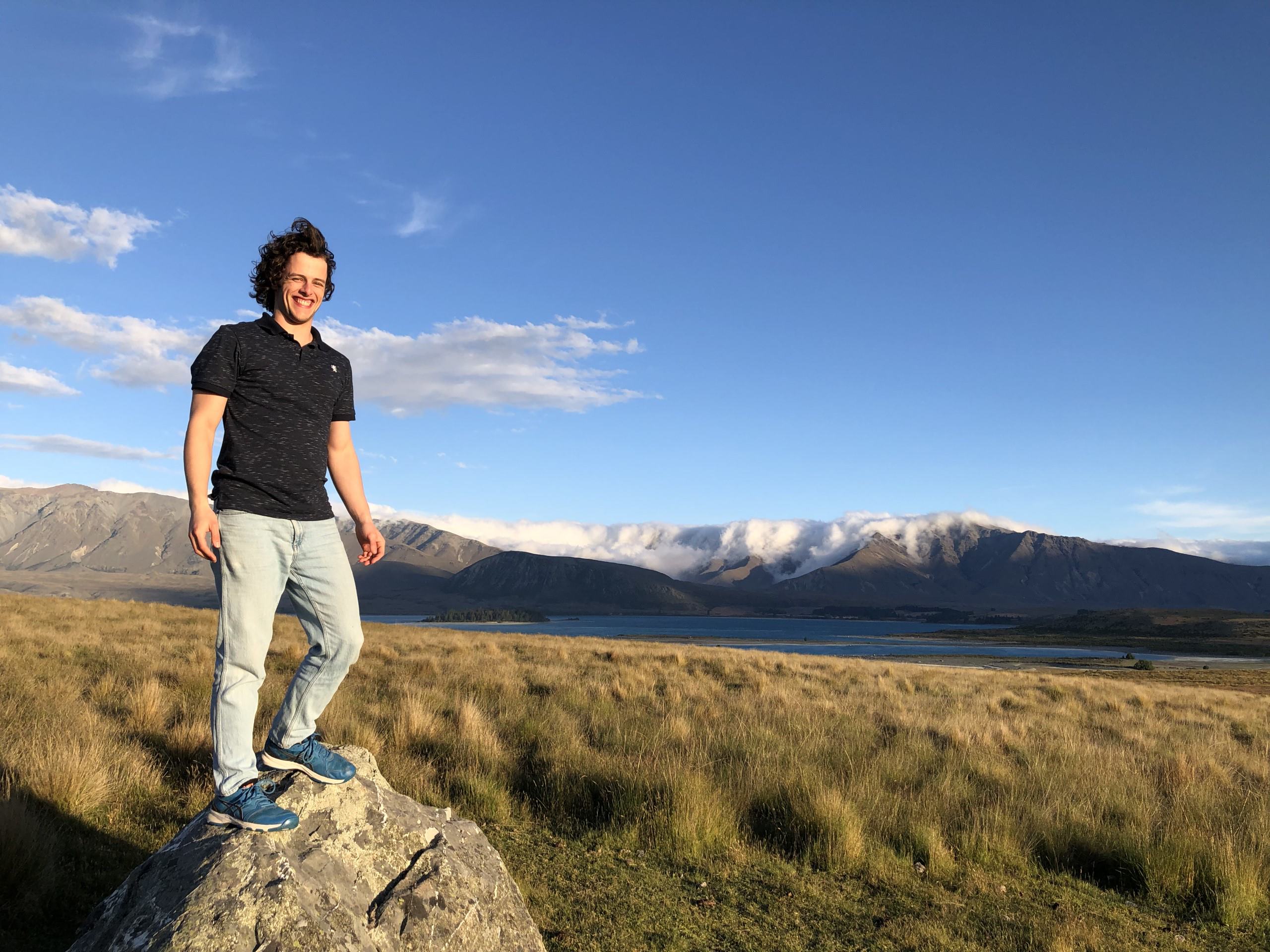
Will Google Duplex help the deaf and hard of hearing community?
June 19, 2018
Podcasts: The last frontier of accessibility for deaf and hard of hearing people
June 25, 20189 tips for camping with hearing loss

Being alone in the wilderness can be especially scary for someone with a hearing loss.
People with acute hearing rely tremendously on sounds for safety reasons. Branches snapping, footsteps nearby, plants moving from something running through them, wildlife calls from animals; these are all signs of wildlife nearby and hearing them can help you protect yourself. So what happens when you’re missing the ability to listen for these signs and/or rely on your hearing for safety? You adapt to your new environment!
With spring in full swing, and summer just about here, it’s that time of the year when people take necessities and retreat into nature for a simplified vacation. When I was young, the only ‘camping’ experience I had was mostly in my backyard. As I got older, I did more and more camping and fell in love with it. I enjoy camping with other people but sometimes plans do not work out or I want the time alone to do my own thing. Sometimes I am nervous about what I might not be hearing in the forest but it doesn’t stop me from doing something I really love.
Tips for camping with hearing loss
Here are some things I do when I venture out on solo trips.
Come up with a plan
As always, it has to start with a plan! Research, scroll the internet for campsites in the location you want to visit. Pay attention to amenities or services on site. Some campsites are primitive which means it is just an area for you to put your tent or RV. Primitive sites usually do not have camp hosts, bathrooms, running water, showers etc. Some campsites can be bustling during the summer months, some campsites are bigger with tent/rv sites more spread out, some are smaller with neighbors just a few feet away. Some campsites are near other services while some are very secluded and in the middle of nowhere. Campsites can vary in all sorts of ways. Make sure you know what to generally expect for the campsite you choose.
If this is your first trip alone, try camping for just a night somewhere close to home. You can even pitch a tent in your backyard! Do not be afraid to take baby steps and then venture out farther for longer. The more you camp and become acquainted with the wilderness, the more confidence you will acquire.
Create safe spaces for hearing technology
Whenever I go camping, I always make sure I have somewhere that is waterproof and secure to put my hearing aids in. With car camping, you have the luxury of being able to store and lock items in your vehicle. If you are backpacking, a watertight box or bag can be a lifesaver. You can put your hearing aids, phone, credit cards etc and not worry about these valuable items getting wet, stolen or crushed.
Let people know where you are going
Always let people know where you are going. Cell service at your campsite might not be available so plan for a phoneless adventure. Send a text to your roommates, friends, family, or whoever and let them know where you are going. On my last camping trip, I knew I would most likely not have cell service so I told my mom my rough itinerary. If something happened, she would have known the area I was in which can be essential information.
Pay more attention to your working senses
Psh, hearing? Who needs that when you have four other amazing senses? Use your eyes, smell and listen to your survival instincts. It can be discomforting being alone in the wilderness but if you are aware and make smart decisions, it can be extremely reflective, empowering and peaceful. Whenever I hike or camp alone, I am constantly scanning my environment. I’m looking for signs of wildlife, paw prints, eaten plants, feces from animals etc. Even your sense of smell is useful. The smell of decaying animals could mean predators. Follow your instincts and your senses!
Read informational signs & talk to rangers
Pretty much all campsites will have a little billboard or sign that lists rules, dangers, payment requirements, and/or other information about the area. They are usually at the entrance of a camping area or in a communal area like bathrooms, picnic areas, parking lots etc. This is one of the best ways to be aware and prepared for your solo trip in nature. Read, note and apply. Along with this, I will often talk to a ranger and ask them questions, they are usually very knowledgeable, friendly and helpful!
Take a furry companion
One thing that really helps me when camping solo is my pup. Just having another set of strong ears can be reassuring. If you take a dog camping, they will most likely hear things you might not. If a wild animal is nearby, you can often tell just by looking at your dog. With my pup, she barks at strangers or animals approaching our ‘property’. If she is calm, then I am. If her ears perk up and she is alert or growling, or barking then that is a sign for me to be alert and aware as well.
Talk to your neighbors or camp host
At some campsites, there will be a camp host, which could be a park ranger or someone who lives on the site for an extended period of time and manages the area. If a camp host is present, it can be helpful to introduce yourself to them, let them know who you are and where you are staying. If you want to be precautionary, you can also let them know what you might need in the case of an emergency. Usually, rangers and camp hosts are very friendly and happy to help in any way they can. You can always do the same thing with other people camping around you. Even a simple introduction can make you feel a lot more comfortable with where you are and who is around you. You might even make some new friends!
Overload on the flashlights/lamps
Whenever I go camping, I make sure I have multiple sources of light. Since I rely on lip reading to communicate, a source of light is important in case I need to listen to someone in the dark. I usually have a lantern, a couple of headlamps, a couple of flashlights, and my iPhone flashlight. I have a light in my vehicle, my backpack, my tent, my jacket pocket etc. This way, I can ensure I have a way to see people wherever I am.
Read more: Why being in the dark is one of the hardest situations for deaf person
Have fun!
It can seem terrifying to camp by yourself in the great wilderness, but remember that you are strong and capable! Take it all in, be curious and look at the beauty of the nature that surrounds you.
What are your tips for camping? Let us know in the comments!












